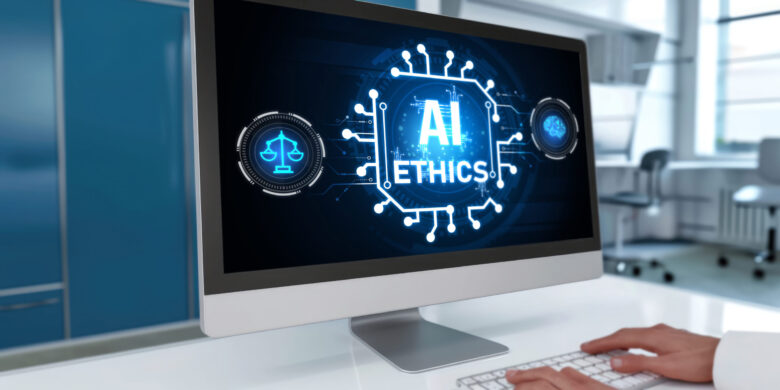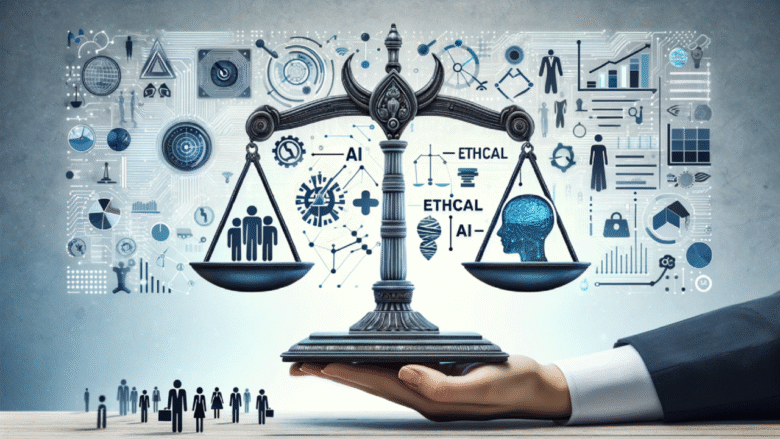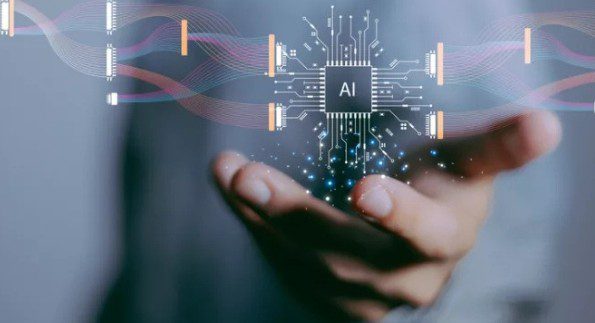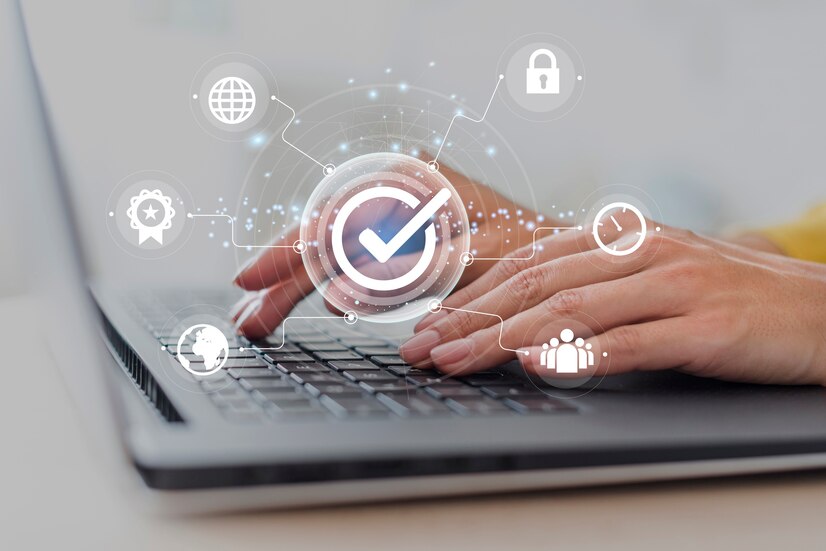Businesses can promote AI accountability by using data provenance tools to document its source, history and transformation before being fed into AI systems. This transparency helps organizations combat biases to produce fair results in business use cases. The ethical guidelines of seven organizations studied highlighted customers and users as key stakeholders who should receive explanations …
AI systems handling personal data face various privacy risks, such as model drift and bias. These threats could result in breaches to privacy as well as legal liabilities for violations. Data originally gathered for one purpose can often be repurposed to train newer models. Fitness tracking app Strava used user GPS data to generate a …
AI is revolutionizing businesses and opening up new possibilities, but it also raises significant privacy risks. From intrusive surveillance to discrimination, privacy issues associated with AI could threaten trust between parties involved and worsen power imbalances between groups. Privacy issues present complex legal and ethical challenges for businesses to navigate carefully. To meet them, firms …
Responsible innovation occurs when innovators prioritize speed and profit over safety and ethics. Think of the hoverboard that caught fire or the pesticide that killed birds while altering ecosystems – both examples of irresponsible innovation. Businesses that prioritize responsible innovation are building trust with both consumers and investors while also attracting top talent who seek …
The Growing Role of AI and Data Artificial Intelligence has transformed the way organizations process, analyze, and utilize data. From healthcare to marketing, AI-driven systems rely heavily on large datasets, including personal and sensitive information. This dependency has brought data privacy to the forefront of public and regulatory concern. Striking the Balance Between Innovation and …
Businesses employing AI must safeguard consumer data by prioritizing security measures and adhering to data protection regulations. Consumers expect personalized experiences but also want to maintain control and transparency, and are wary about any generative AI that might compromise their privacy. 1. Educate Your Employees Data is one of the most precious assets for modern …
The way businesses gather, process, and use user data is changing a lot because of artificial intelligence (AI). AI has a lot of great uses, from making online shopping more personal to making hard choices automatically. However, its growing power makes people very worried about data privacy and user safety. How AI Gets and Uses …
Artificial intelligence (AI) has changed how businesses work by giving them tools to be more productive, spot trends, and make the customer experience more unique. But because AI is so powerful, we need to use it in an honest way. Because AI systems affect choices in many areas, including finance, healthcare, hiring, and more, it …
As artificial intelligence (AI) technology advances and becomes more widely adopted in businesses, data protection has become an increasingly important topic. AI systems require large amounts of data to function efficiently. This data often contains information that compromises individuals’ privacy and contains sensitive information. Businesses must understand the complexities of data protection in the AI …
Introduction Artificial intelligence (AI) is revolutionizing industries and transforming the way we live and work. From healthcare diagnostics to personalized marketing, AI-driven innovation offers enormous benefits. However, this rapid advancement raises profound ethical challenges, especially regarding privacy. Balancing the drive for innovation with the imperative to protect individual privacy is a key issue that businesses, …










